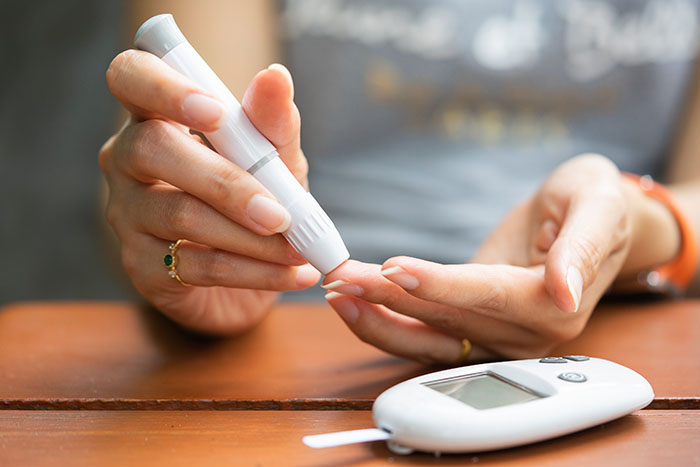Persistent Symptoms in COVID-19 Survivors
According to a follow-up study published in The Lancet, nearly half of the individuals hospitalized with COVID-19 continue to experience at least one symptom even two years after their infection. The research sheds light on the long-term effects on multiple organs and systems in COVID-19 survivors, regardless of the severity of the initial disease.
Burden of Symptomatic Sequelae Despite Improvements
Despite observing longitudinal improvements in physical and mental health, the burden of symptomatic sequelae remains significantly high in COVID-19 survivors. The study emphasizes the urgent need to explore the pathogenesis of long COVID and develop effective interventions to reduce the risk of these lingering symptoms.
Implications for Health and Society
As long COVID can persist for up to two years after the acute infection, continuous follow-up is vital to better understand its natural history and predict when COVID-19 survivors will fully recover. With a large number of people recovering from COVID-19, the sequelae after acute infection pose a major health concern and may result in a substantial medical and socioeconomic burden.
Long-Term Condition Potential
A UK study published in April raised concerns about COVID-19 becoming a common long-term condition. It found that only one in every four people fully recovered a year after hospitalization. The most prevalent long-COVID symptoms reported were fatigue, muscle pain, poor sleep, physical limitations, and breathlessness.
Urgency for Effective Treatments
The lack of effective treatments for long COVID underscores the need for further research and intervention strategies. Long COVID has the potential to become a highly prevalent and persistent long-term condition without suitable medical solutions.











